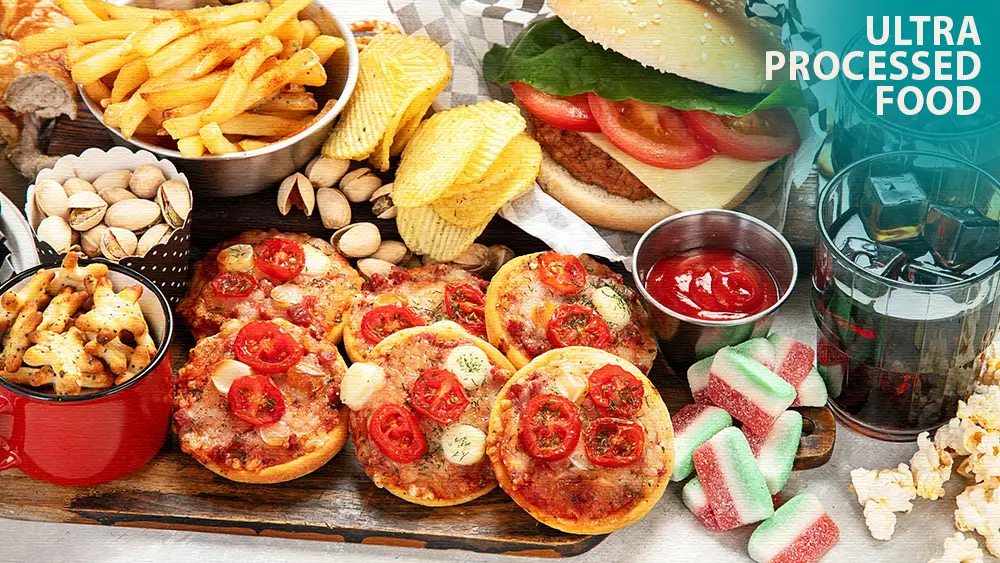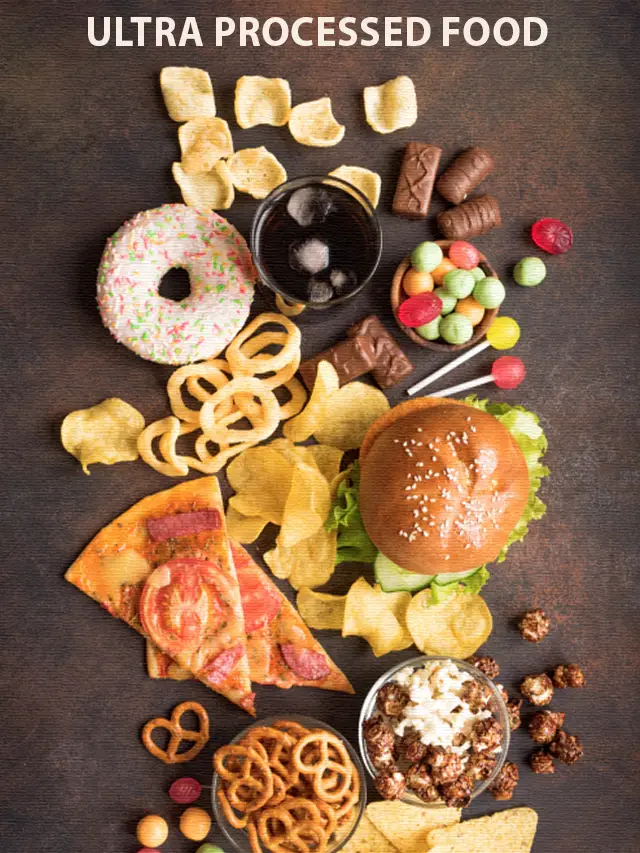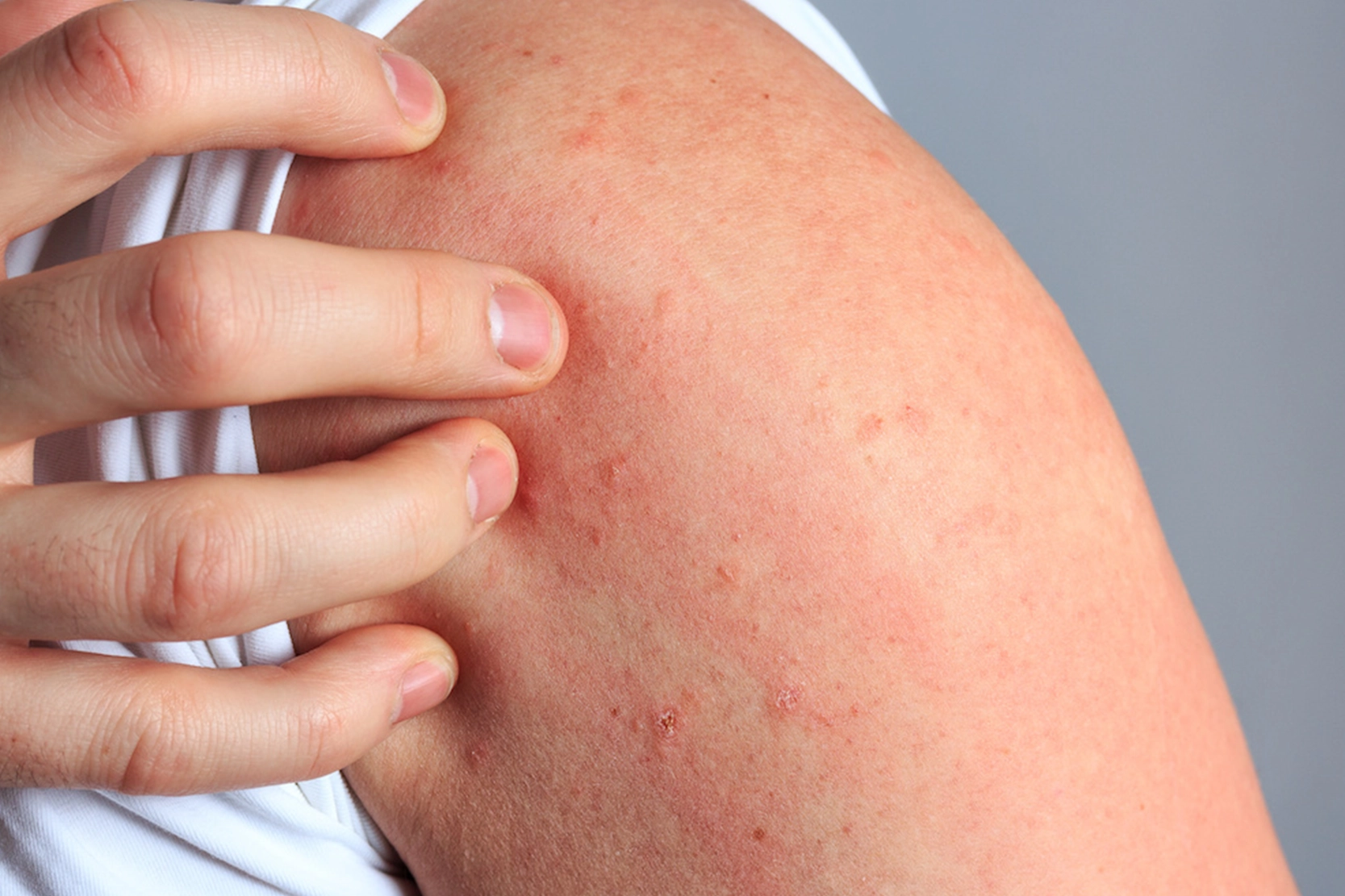
HEALTH NEWS
Who is Dr. Joseph Maroon? and Best 8 Ultra-Processed Food
-
Rahul Priydarss
I
n this article, we will shed light on the details of eight Ultra Processed Foods that have become staples in many diets. To help consumers make healthy choices, Dr. Maroon identifies eight ultra-processed foods, which should be paid attention to.

Table of Contents
Who is Dr. Joseph Maroon?:
– Dr. Maroon is a world-renowned neurosurgeon with extensive experience in neurosurgery. He specializes in minimally invasive surgeries to ensure the quick recovery of his patients. He is a sports medicine specialist and innovator in trauma management, personal fitness, and nutrition.
– Dr. Maroon is recognized as a leading expert in the surgical treatment of brain and spinal cord injuries and diseases, specializing in minimally invasive procedures. Consistently listed among America’s Best Doctors for the past 20 years, he has an international referral base, which includes many professional athletes and celebrities.
Dr. Joseph Expertise:
Dr. Maroon has been the team neurosurgeon for the Pittsburgh Steelers since 1981 and is the medical director of World Wrestling Entertainment (WWE). He has successfully performed surgery on many professional football players and other elite athletes with potentially career-ending neck and spinal injuries. Notably, they safely returned most players to higher levels of athletic performance.
Dr. Joseph Maroon Nutrition Adviser:
American Academy of Anti-Aging Medicine. In addition, he serves on the board of directors of Mylan Laboratories, the world’s third-largest generic drug company, and chairs their science and technology committee. Dr. Maroon is also the Chairman of the Medical Advisory Board of the General Nutrition Center (GNC).
Dr. Joseph Maroon Love with Athletics:
Dr. Maroon has successfully maintained his athletic interests by participating in 9 marathons and over 72 Olympic-distance triathlon events. However, his greatest athletic achievement is his participation in 8 Ironman triathlons (Hawaii – 1993, 2003, 2008, 2010, 2013; Canada – 1995; New Zealand – 1997; Germany – 2000), where he usually finishes in the top 10. age category.
– There is much more written in this article about Dr. Joseph so you must read and get proper information about Dr. Joseph Maroon.
What Is Ultra-Processed Food:
–Ultra-processed food refers to food products that have undergone extensive processing, often involving multiple stages of industrial processing and containing a long list of additives, preservatives, flavors, and other artificial ingredients. These foods typically contain little or no, minimally processed ingredients and are often high in unhealthy fats, sugars, and salt.
– Examples of ultra-processed foods include pre-packaged snacks, sugary beverages, instant noodles, and ready-to-eat meals. Ultra-processed foods are generally considered less nutritious and may contribute to health problems such as obesity, heart disease, and diabetes when consumed in excess.
– In our fast-paced world, convenience is often prioritized over nutrition. We grab quick snacks on the go, opt for ready meals, and consume sugary beverages without considering their impact on our health. However, these convenient food options often fall into the category of ultra-processed foods – products that undergo extensive processing and contain additives, preservatives, and artificial ingredients.
4 Health Risks Associated with Ultra-processed Foods:
Regularly consuming ultra-processed foods can lead to a variety of health problems, including obesity, heart disease, type 2 diabetes, and mental health effects.
1- Obesity: Ultra-processed foods are often rich in calories but lack essential nutrients, leading to overeating and weight gain.
2- Heart disease: The high levels of saturated fat, trans fat, and sodium in ultra-processed foods can increase the risk of heart disease and stroke.
3- Diabetes type 2: Excessive consumption of added sugars and refined carbohydrates in ultra-processed foods can contribute to insulin resistance and type 2 diabetes.
4- Impact on Mental Health: In addition to physical health risks, diets high in ultra-processed foods have also been linked to poor mental health outcomes, including depression and anxiety.

10 Benefits of Choosing Whole Foods:
1- Nutrient Density: Whole foods are rich in essential nutrients like vitamins, minerals, and antioxidants, providing optimal nutrition to the body.
2- Fiber content: They are generally high in dietary fiber, promoting digestive health, controlling blood sugar levels, and aiding weight management.
3- Low in Additives: Whole foods are minimally processed, reducing exposure to artificial additives, preservatives, and harmful chemicals.
4- Better satiety: Whole foods are more filling due to their high fiber and protein content, helping control appetite and prevent overeating.
5- Enhanced flavor: Whole foods often have richer, more natural flavors than processed alternatives, making meals more enjoyable.
6- Supports the local economy: Choosing Whole Foods often means supporting local farmers and producers, contributing to sustainable agriculture and community development.
7- Decreased environmental impact: Whole foods generally require fewer resources and produce less waste during production and packaging, reducing their environmental footprint.
8- Versatility: Whole foods can be prepared in a variety of ways, providing endless culinary possibilities and creativity in the kitchen.
9- Promotes food awareness: By choosing whole foods, individuals become more conscious of their food choices, leading to a greater appreciation for nutrition and overall well-being.
10- Long-term health benefits: Consistently including whole foods in the diet reduces the risk of chronic diseases such as heart disease, diabetes, and some cancers.
How to Know Ultra-processed Foods:
Checking the Ingredients List:
– Look for long lists containing many unfamiliar additives, preservatives, and artificial flavors.
– Ingredients like hydrogenated oils, artificial sweeteners, and high fructose corn syrup are common in ultra-processed foods.
Packaging Assessment:
Ultra-processed foods often come in brightly colored packaging with bold fonts and catchy slogans. They are usually found in the central aisles of supermarkets rather than in the fresh produce sections.
Nutritional Content Check:
High levels of added sugars, unhealthy fats, sodium, and low fiber content are indicative of ultra-processed foods. They contain less essential nutrients and more empty calories.
Considerations at the Processing Level:
– Foods that have undergone extensive processing steps such as extrusion, hydrogenation, or hydrolysis are likely ultra-processed.
– They are usually far from their original form, often bearing little resemblance to their natural state.
– By keeping these points in mind, you can better identify and limit your intake of ultra-processed foods while promoting a healthy diet.
Assessing Overall Food Quality:
Ultra-processed foods are often ready-to-eat or require minimal preparation. They’re designed for convenience and prolonged shelf life rather than nutritional value or freshness.
Types Of 8 Ultra Processed Foods:
– All and every 8 types of Processed Food list and details are given below-
1- Breakfast cereals with added sugars and artificial flavors: While convenient, many breakfast cereals are loaded with sugar and lack nutritional value. Choose whole grain options with minimal sugar or, even better, prepare a nutritious breakfast at home using ingredients like oats, nuts, and fresh fruit.
2- Packaged snacks like chips, crackers, and cookies: These snacks are often high in unhealthy fats, sodium, and empty calories. Instead, reach for whole food options like nuts, seeds, or chopped vegetables with hummus for a satisfying and nutritious snack.
3- Sweetened beverages: Sodas, energy drinks, and fruit-flavored beverages are major culprits when it comes to excess sugar consumption. Choose water, herbal tea, or homemade fruit juice to stay hydrated without added sugars and artificial flavors.
4- Instant noodles and flavored pasta dishes: While convenient, these products are typically high in sodium and low in nutritional value. Choose whole-grain pasta and add your vegetables and lean protein for a healthy meal option.
5- Frozen pizzas and ready-to-eat meals: These convenient options are often loaded with unhealthy fats, sodium, and preservatives. Instead, try making your pizza using whole grain crusts, fresh vegetables, and lean proteins.
6- Processed meats: Hot dogs, sausages and deli meats are high in sodium and may contain harmful additives like nitrates. Choose lean cuts of unprocessed meat or plant-based options like tofu or tempeh for a healthy protein source.
7- Microwave popcorn with artificial butter flavor: While popcorn can be a healthy snack, microwave varieties often contain artificial additives and unhealthy fats. Air-pop your popcorn and flavor it with herbs, spices, or nutritional yeast for a delicious and nutritious option.
8- Packaged desserts: Cakes, pastries, and candy bars are high in sugar, unhealthy fats, and calories. Save these recipes for special occasions and choose homemade desserts made with natural sweeteners and whole food ingredients whenever possible.
Frequently Asked Questions (FAQs):
A1: Not all processed foods are unhealthy. Some minimally processed foods, like frozen vegetables or canned beans, can be nutritious additions to a balanced diet.
A2: Start by cooking more meals at home using fresh, whole ingredients. Limit your consumption of packaged snacks and fast food items.
A3: While ultra-processed foods may offer convenience, they typically lack essential nutrients and can contribute to various health issues.
A4: Yes, indulging in treats occasionally is perfectly fine. Opt for homemade versions using wholesome ingredients whenever possible.
A5: Gradually incorporate more fruits, vegetables, whole grains, and lean proteins into your meals. Experiment with new recipes and cooking methods to keep things interesting.

-Please remember, to always consult with healthcare professionals or Doctors for personalized advice related to medical conditions.
Conclusion:
Dr. Joseph Maroon highlights the importance of being conscious of our food choices and prioritizing whole, nutrient-dense foods over ultra-processed options. By reducing our intake of ultra-processed foods and adopting a diet rich in fruits, vegetables, lean proteins, and healthy fats, we can support our overall health and well-being for years to come. Let’s take responsibility for our health by making informed decisions about the foods we consume.




